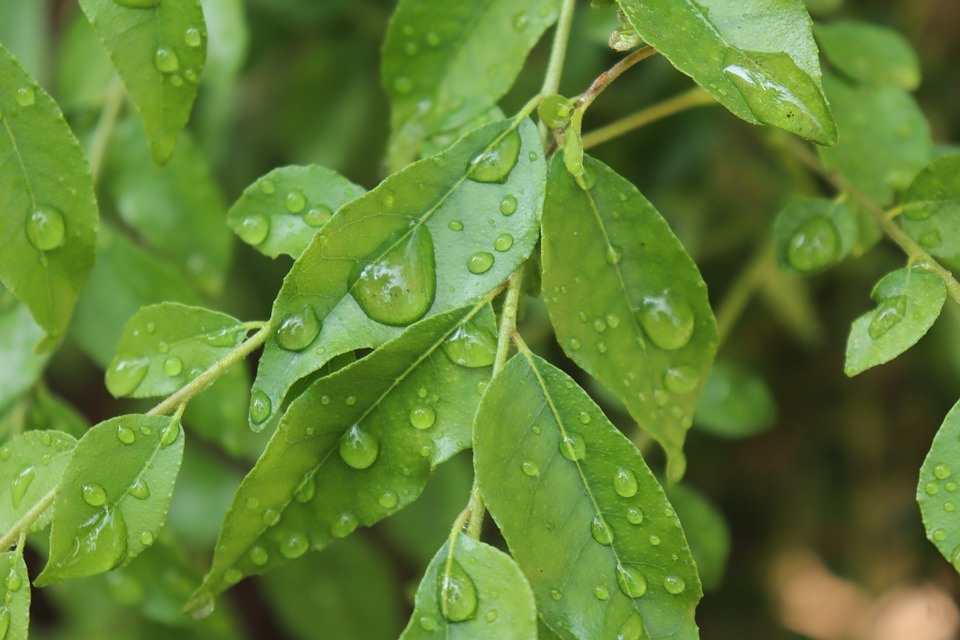A flavourful treat with curry leaves
Seasoning of a few ordinary-looking leaves, when added to an ordinary dish, can transform it into a flavourful treat. Yes, we are talking about the indispensable part of Indian cuisine. Commonly used as a seasoning, this leaf adds a special flavour to every dish. But there is more to the modest curry leaf than simply flavour.
They are extensively used in southern and west-coast Indian cooking, usually fried along with oil, black mustard seeds and sliced onions in the first stage of the preparation. They are also used to make sambar, vada, rasam and various rice dishes like lemon rice, curd rice. Curry leaves are also used in non-vegetarian dishes like chicken 65 and Chicken Curry, and Fish Curry.

Stress is a major issue behind common health problems. Curry leaf tea is an age-old remedy that is used majorly in South India to treat common health issues like stress, constipation, diabetes, morning sickness, diarrhoea, and high blood pressure. This natural tea can be prepared at home using a simple recipe. This tea is loaded with antioxidants that may nurture your body by lowering oxidative stress and scavenging free radicals. Drinking this tea helps calm the body. Here is how a refreshing, fragrant Curry leaf tea can be prepared.
Properties of Curry Leaves
The Curry leaves are amazingly rich in vitamins and nutrients. These leaves are packed with carbohydrates, fibre, calcium, phosphorus, irons and vitamins like vitamin C, vitamin A, vitamin B, and vitamin E.
Curry leaves or kadi patta is great for overall well-being. Here is how it helps in improving overall health.
- Some study suggests that curry leaf extract may protect against neurodegenerative diseases like Parkinson’s and Alzheimer’s, However, more research is needed.
- Scientific research suggests that curry leaves contain compounds that may have powerful anti-cancerous properties.
- May reduce heart disease risk factors. Consuming curry leaves reduces cholesterol and triglycerides levels hence reducing the risk of heart disease.
- Fights diabetes. Curry leaves affect the blood sugar levels by influencing the insulin activity of the body. The antioxidants like beta carotene and vitamin C help manage type-2 diabetes.
- Improves digestion by stimulating digestive enzymes and supporting bowel movement.
- Prevents greying of hair. The vitamin B present in the leaves help restore natural colour pigment and thus prevents premature greying.
- Help keep anaemia at bay as Curry leaves have a high concentration of iron, which increases the haemoglobin and blood count effectively. It also acts as a blood purifier and improves fatigue.
- Offers antibacterial properties. Consumption of curry leaves reduces the chances of getting infections.
- May have pain-relieving properties.
- The aroma of the curry leaves works as a great stress reliever.
Nutritional value per 100 gm
| Energy | 108kcal |
| Protein | 6.1gm |
| Fibre | 5.4gm |
| Phosphorus | 57mg |
| Calcium | 830mg |
| Iron | .93mg |
| Magnesium | 44mg |
| Carotene | 7560 ug |
| Riboflavin | 0.210 mg |
| Vitamin C | 4mg |
*Source USDA
Adverse effects
Like any other herbal ingredient, Curry leaves have certain side effects like an allergic reaction in some people with asthmatic conditions or allergy to pollen. It is advisable to take proper precautionary measures to avoid any such adverse reaction.



